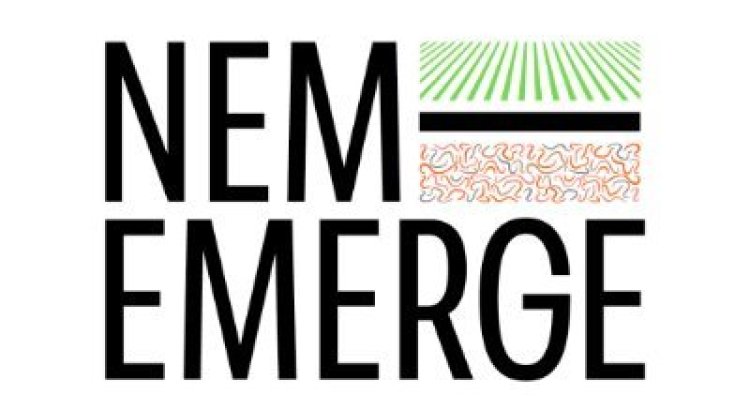
Project
Nem-emerge
Soil-borne plant-parasitic nematodes are a biosecurity risk for global food production with an estimated annual loss of €110 billion worldwide. Root-knot nematodes (RKN) and potato cyst nematodes (PCN) rank 1 and 2 in the Top 10 of high-impact plant-parasitic nematodes with RKN alone accounting for ~5% of global crop losses. RKN and PCN are A2 quarantine pests or emerging species listed on the EPPO Alert List. The two PCN species are also included in EU Commission implementing regulation 2021/2285.
Recent reports document the emergence of new RKN and PCN problems in tomato and potato cropping across Europe and beyond due to two independent drivers: global warming and genetic selection. For decades, non-specific, environmentally harmful agrochemicals have been applied to manage RKN and PCN. The increasing awareness about their negative impact prompted the phasing out of most nematicides. Consequently, there is an urgent need for novel, durable control strategies that enable adequate responses by stakeholders to prevent crop losses in the EU and beyond. NEM-EMERGE will provide a spectrum of sustainable, science-based solutions for both the conventional and organic farming sector based on the principles of IPM, including (1) optimized crop rotations schemes including cover crops, (2) tailored host plant resistances, and (3) optimal use of the native antagonistic potential of soils. Moreover, monitoring and risk assessment tools will be generated to support Plant Health Authorities in decision and policy making. To ensure the adoption and implementation of NEM-EMERGE tools in the sector, a bottom-up co-creation process and multi-actor approach will be used based on stakeholder demands from both the conventional and organic sector. This makes NEM-EMERGE a key driver for the transition to sustainable farming in line with the Farm to Fork Strategy thereby contributing to the challenging targets set by the Green Deal.